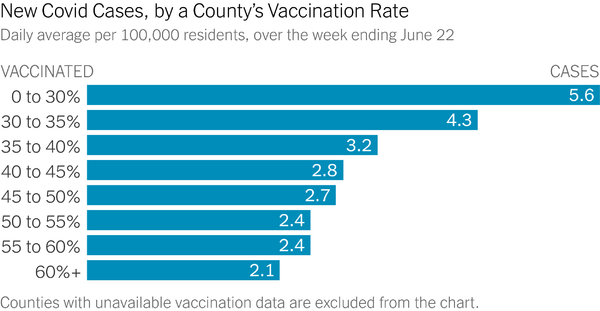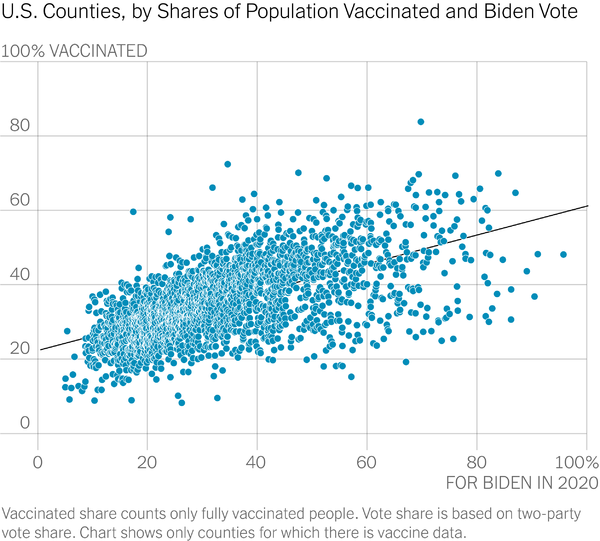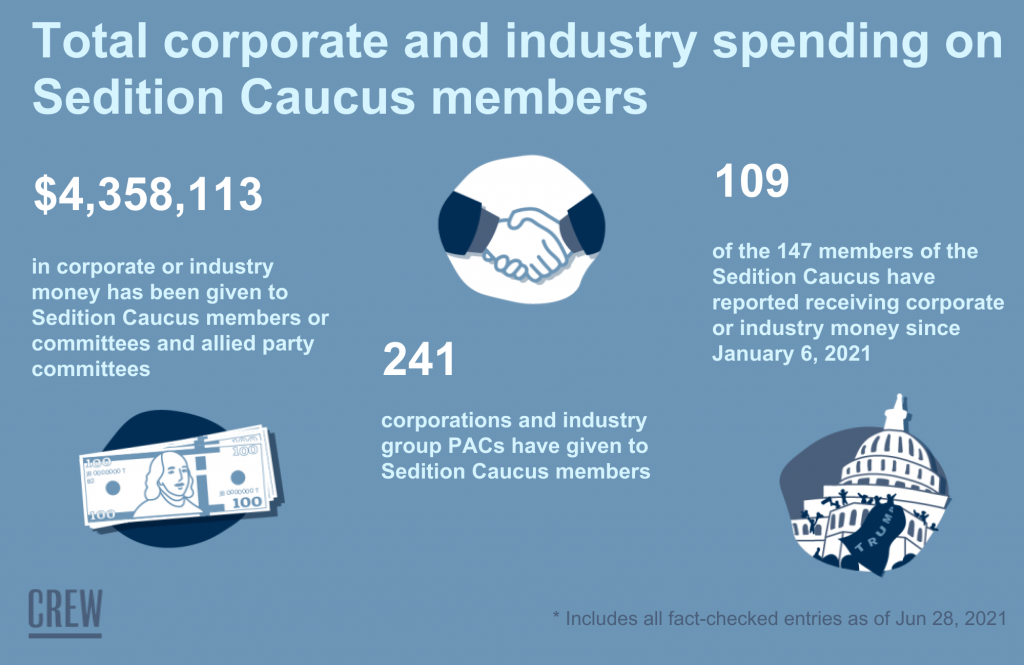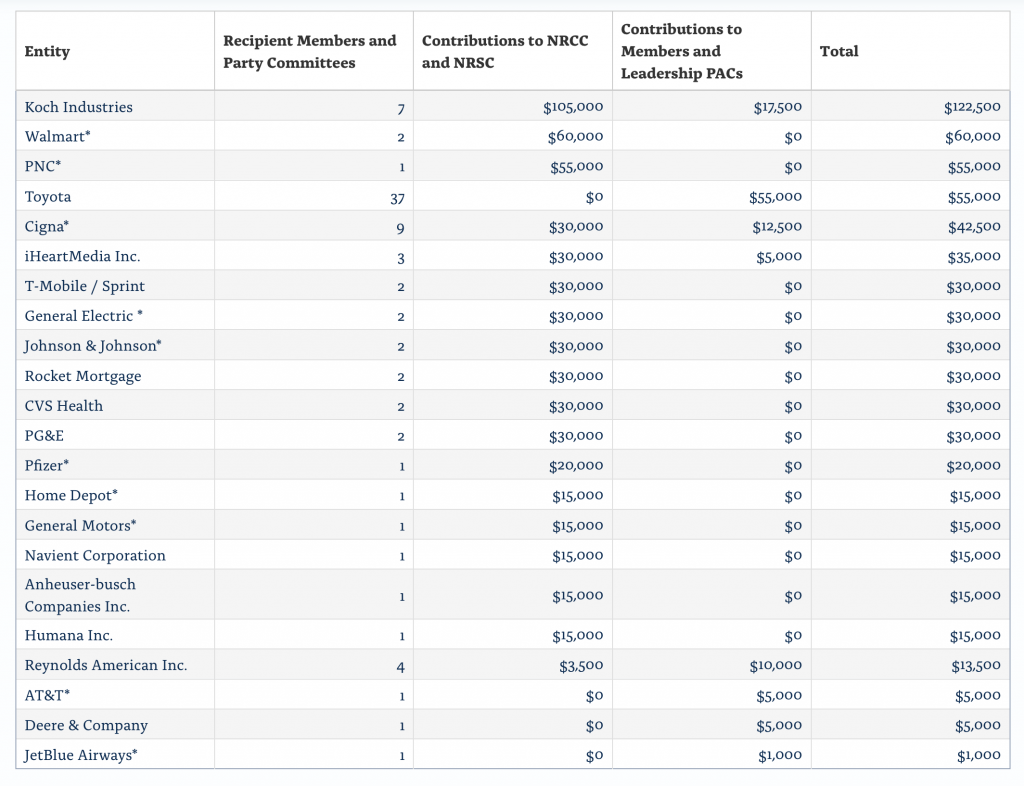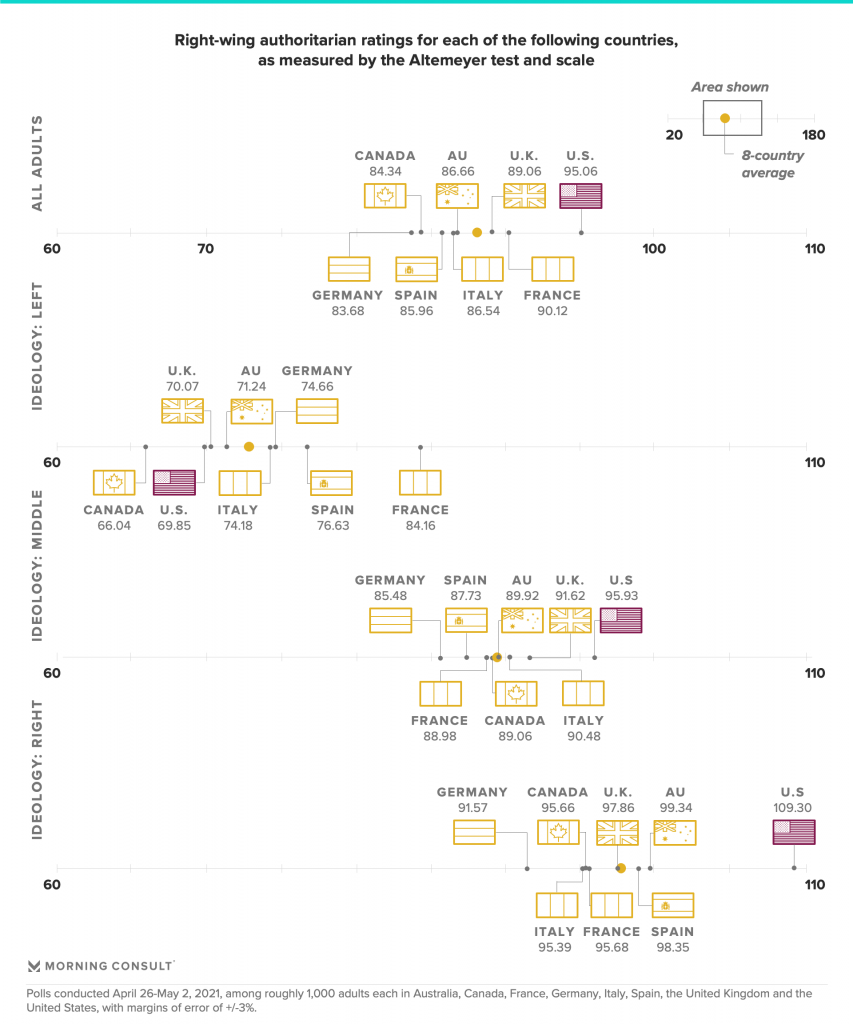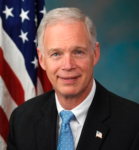Wednesday in Whitewater will be partly sunny with a high of 85. Sunrise is 5:20 AM and sunset 8:37 PM, for 15h 16m 50s of daytime. The moon is a waning gibbous with 63.7% of its visible disk illuminated.
On this day in 1944, the Battle of Cherbourg ends with the fall of the strategically valuable port to American forces.
Recommended for reading in full —
Molly Beck and Rick Barrett report Joe Biden shifts his focus from agriculture to infrastructure in his visit to Wisconsin:
LA CROSSE – President Joe Biden moved his Wisconsin visit from a family farm in the rolling bluffs of Iowa County to the concrete floor of a city bus garage in La Crosse to promote passage of a $973 billion infrastructure bill just days after a bipartisan deal nearly collapsed.
Biden was scheduled to visit Cates Family Farm in rural Spring Green with Agriculture Secretary Tom Vilsack to discuss issues facing farmers and boosting rural economies as Wisconsin’s small family dairy farms face near extinction. But the president instead made a solo trip to La Crosse’s Municipal Transit Utility to push for the passage of an eight-year plan to rebuild bridges and roads and expand public transit and broadband access.
“This will be a generational investment to modernize our infrastructure,” Biden said in a makeshift stage at the center of the garage used to repair and house city trucks and buses.
….
The president’s trip to western Wisconsin brings him to one of the state’s key swing regions — and to a congressional district that will be among the most hotly contested in the nation in 2022.
Corrine Hess reports Wisconsin’s Democratic Candidates For US Senate Make Case For Beating Johnson:
Five hopefuls participated in a virtual roundtable hosted by WisPolitics: State Treasurer Sarah Godlewski; State Sen. Chris Larson; former state lawmaker and current Outagamie County Executive Tom Nelson; Milwaukee Bucks executive Alex Lasry; and Dr. Gillian Battino, a physician from Wausau.
They were joined by Steven Olikara, founder of the Millennial Action Project, who has formed an exploratory committee but has yet to announce an official bid for the seat.
….
The Democratic candidates attacked Johnson for being a conspiracy theorist who has not done enough to help the people of Wisconsin.
Godlewski said defeating him in November 2022 won’t be easy, but she believes she can do it because she has won a statewide race. Nelson also touted being elected six times to different offices.
Larson called himself a “proven progressive,” who has received national endorsements. And Lasry said if elected he will work on bringing jobs and raising wages in Wisconsin. Lasry pointed to the recent change at the Fiserv Forum that increased the minimum wage to $15 per hour.
Alex Horton reports South Dakota governor sending National Guard to Mexico border on mission funded by GOP megadonor:
South Dakota Gov. Kristi L. Noem (R) will deploy up to 50 National Guard troops to the southern U.S. border, her office said Tuesday, with a highly unusual caveat — the mission will be funded by a “private donation” from an out-of-state GOP megadonor billionaire.
….
Privately funding a military mission is an affront to civilian oversight of the armed forces, said military and oversight experts, describing the move — a Republican governor sending troops to a Republican-led state, paid for by a Republican donor — as likely unprecedented and unethical.
“You certainly don’t want our national security priorities up to the highest bidder,” said Mandy Smithberger, a defense accountability expert at the Project on Government Oversight, a nonprofit government watchdog.


